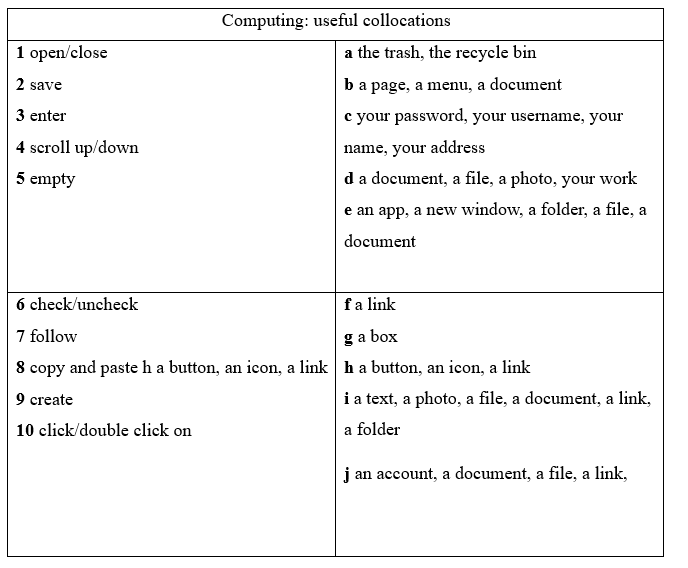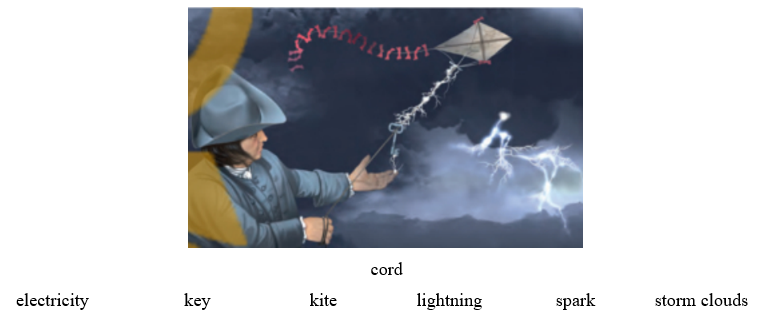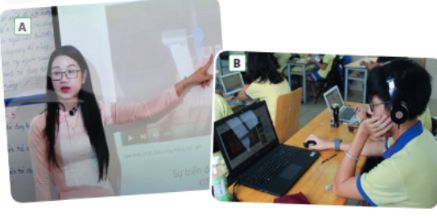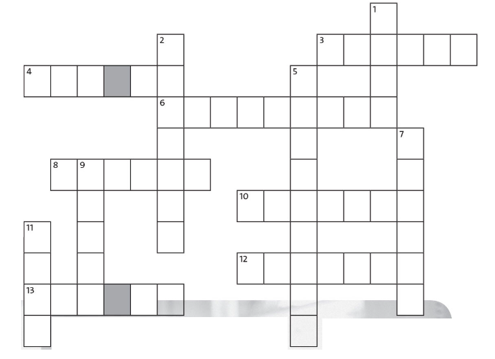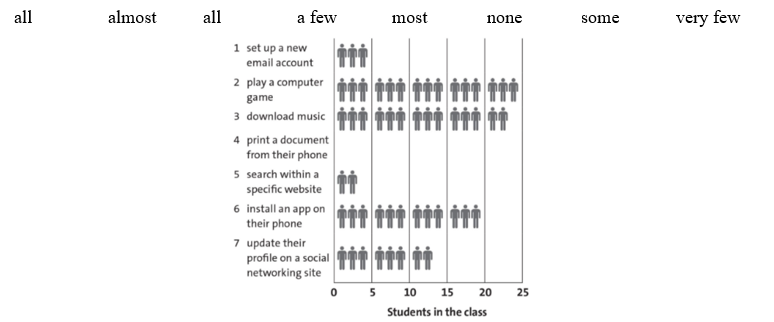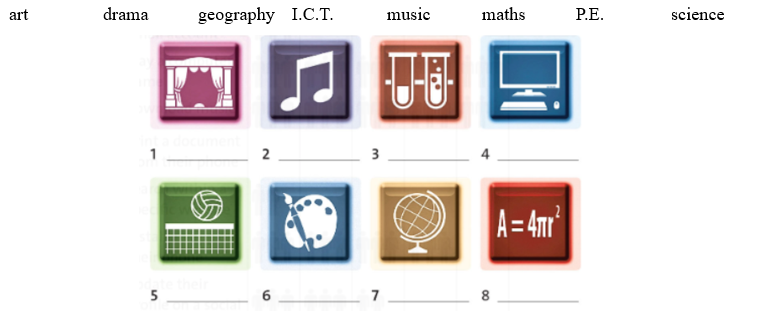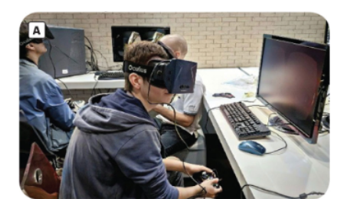INTRODUCTION
Bài tập Introduction
UNIT 1. GENERATIONS
Bài tập Unit 1
UNIT 2. LEISURE TIME
Bài tập Unit 2
UNIT 3. SUSTAINABLE HEALTH
Bài tập Unit 3
UNIT 4. HOME
Bài tập Unit 4
UNIT 5. TECHNOLOGY
Bài tập Unit 5
UNIT 6. HI-FLYERS
Bài tập Unit 6
UNIT 7. ARTISTS
Bài tập Unit 7
UNIT 8. CITIES
Bài tập Unit 8
REVIEW
Bài tập Review
Giải SGK, SBT Unit 5. Technology Friends Global
Giải SGK, SBT Unit 5 Friends Global
106 câu hỏi
Tự luận
Câu 69 :
2. Complete the collocations with the nouns below.
(Hoàn thành các cụm từ với các danh từ dưới đây.)

1 empty ________
2 follow ________
3 save ________, a document, a file, a photo
4 enter your password, ________, your address, etc.
5 open / close an app, ________, a folder, a file, a document
|
an account |
a box |
a button |
a page |
text |
6 check / uncheck ________
7 copy and paste ________, a photo, a file, a link, a folder
8 click / double click on ________, an icon, a link, a menu
9 scroll up / down ________, a menu, a document
10 create ________, a new document, a file, a link, a folder




